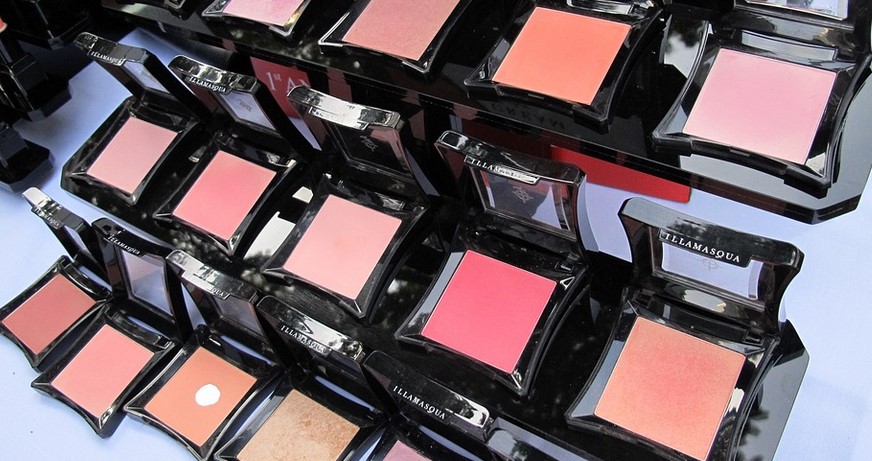Introduction
Talcum powder has been a popular household item for many years. It is commonly used to absorb moisture and prevent friction, especially in sensitive areas like the genital region. However, recent studies have linked talcum powder to ovarian cancer, a deadly disease that affects thousands of women every year. In this article, we will discuss how talcum powder can cause ovarian cancer and what you can do to protect yourself from this risk.
What is Talcum Powder?
Talcum powder is a mineral-based product that is made of finely ground talc, a type of soft mineral. It is commonly used in cosmetics, baby powder, and other personal care products. Talcum powder is known for its ability to absorb moisture and prevent friction, which makes it a popular choice for people who want to keep their skin dry and comfortable.
How Can Talcum Powder Cause Ovarian Cancer?
When talcum powder is used in the genital area, it can travel through the vagina, uterus, and fallopian tubes to reach the ovaries. Over time, the talc particles can become embedded in the ovaries, causing inflammation and damage to the cells. This inflammation can lead to the growth of cancer cells, which can eventually form tumors and spread to other parts of the body.
What Are the Symptoms of Ovarian Cancer?
Ovarian cancer is a deadly disease that often goes undetected until it has reached an advanced stage. Some of the common symptoms of ovarian cancer include abdominal pain, bloating, difficulty eating or feeling full quickly, and changes in bowel or bladder habits. If you experience any of these symptoms, it is important to see your doctor as soon as possible.
Who is at Risk?
Although anyone can develop ovarian cancer, certain factors can increase your risk. Women who have used talcum powder in the genital area for a long time are at a higher risk of developing ovarian cancer. Other risk factors include a family history of ovarian cancer, age, and certain genetic mutations.
What Can You Do to Protect Yourself?
If you are concerned about the risk of ovarian cancer from talcum powder, there are several steps you can take to protect yourself. First, avoid using talcum powder in the genital area. Instead, look for alternative products that are made with cornstarch or other natural ingredients. Second, talk to your doctor about your risk of ovarian cancer and whether you should undergo screening tests. Finally, if you have been diagnosed with ovarian cancer and believe that talcum powder may have played a role, you should contact a lawyer to discuss your legal options.
Conclusion
Talcum powder has been linked to ovarian cancer, a deadly disease that affects thousands of women every year. If you are concerned about the risk of ovarian cancer from talcum powder, it is important to take steps to protect yourself. Avoid using talcum powder in the genital area, talk to your doctor about your risk of ovarian cancer, and contact a lawyer if you have been diagnosed with ovarian cancer and believe that talcum powder may have played a role.

